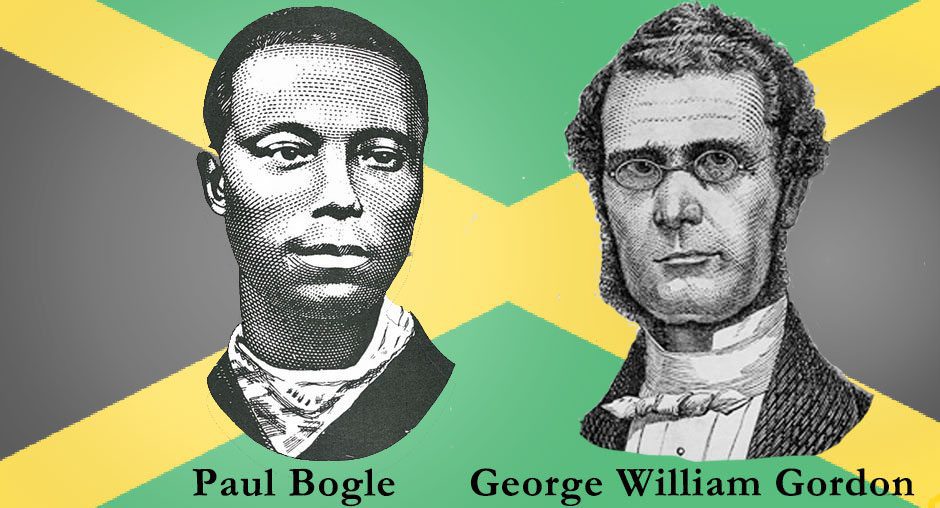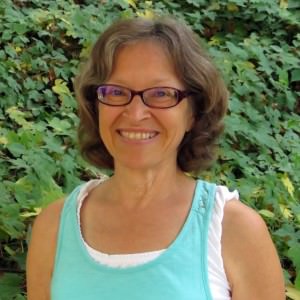Jesus Commands Us to Love, Part 2: Down in the Depths

Editor’s note: Missioner Janice Smullen continues her blog series, “Jesus Commands Us to Love,” by tracing Jamaica’s movement for social justice.
God is always offering grace and unconditional love to us, but history has shown us that human beings are capable of displaying a dark and desperate side.Young Miss Bev (from Bat Mitzvah Girl, a memoir by Jamaica-born author Beverley East) experienced bullying from classmates in both England and Jamaica. In England, her raised hand was often ignored by teachers; parents pulled their children to the other side of the street if she and her family or aunties were walking outside; and she was brutally beaten by a group of students in the schoolyard in view of some teachers. In Jamaica, her accent was ridiculed.
I have recently visited the Institute of Jamaica National Museum, which is showing an exhibition detailing the socioeconomic context of the Morant Bay Rebellion of 1865. Jamaica was still under British rule in 1863 when Great Britain abolished all forms of slavery. Yet bleak situations in Jamaica failed to progress forward much within the next two years. There was still great exploitation of the black majority, which was overwhelmingly poor and very underrepresented in governing bodies.
The British governor maintained that their plight was due to laziness. I see things differently. Today, in Jamaica, many people have to work very hard to multiply the low wages enough to cover the high costs of school, electricity, food and taxes. I recently bought three items of food at the grocery, totaling about $1500 Jamaican dollars and another $500 was added for tax. Recently I asked one of my favorite fruit vendors what he remembered about his parents telling about how they celebrated the first Independence Day. “Oh, miss,” he replied. “They had nine children. They didn’t have time to celebrate.” In Beverly’s childhood, her mother worked long hours as a dressmaker and her father worked long shifts as a railroad conductor. The aunties refused to take any money for their time spent with Beverly but Beverly’s mother consented to their request that she sew some new summer frocks for them each year to wear on their holiday. Many of the immigrant and refugee students that came to the ESL classes I taught in North Carolina had to fit the class into their work schedule and consistently sent money back home or pooled incomes to assist friends starting businesses.
In 1865, in Jamaica, there was little representation of anyone other than white British ruling class or plantation owners in the government, possibly due to excessive voting regulation demands. Some people today point out the current controversy over voter ID laws, and wonder if they are designed to keep certain constituents from voting. Philip Sherlock and Hazel Bennett, authors of The Story of the Jamaican People, described Jamaica’s mid-19th century political environment as the “indifference of the island’s administrators to the worsening conditions and the high level of unemployment”. Currently, in many countries of the world, the people struggle with high unemployment rates and with governments and some of the general population out of touch with their needs.
Two of the leaders of the Morant Bay rebellion were Paul Bogle, a farmer and Jamaican Baptist minister, and George William Gordon, who as born a slave and, as an adult, prospered as a businessman and an elected representative. Both understood from their African and British heritages that the rights of the many deserved protection from the power of a few.
Despite the heroic efforts of Paul Bogle and George William Gordon, the majority of the African population (remember these were free men, fighting for justice) suffered under legislation that curtailed their abilities to acquire land, acquire proof of their ownership of land, required them to pay high taxes on food and clothing, and mandated toll gates on market roads. Lack of access to education compounded these systemic injustices. On one petition submitted to the British government, of the 108 persons signing, only 26 could write their name.
Feelings of fear, desperation, anger, and impatience manifested in both British and Jamaican minds and resulted in horrible death, mutilation, and destruction on October 11, 1865, following several months of petitions, rejections, and military drilling of both sides.
God knows that as humans we are capable of sinking into the depths of our nature. Why else would He specifically tell us not to kill, lie, or covet unless He knew that we are capable of such acts? Jesus states our responsibility to God and to others as the positive command to love. He knows that we are capable of that height. Still, disentangling the structures, both inside our own minds and outside as socially acceptable systems that keep disparities in place should be ongoing work for each of us.
It isn’t easy work.
Current restorative justice programs and trauma treatment programs follow the premise that if trauma and suffering are not transformed, they will be transmitted. Without proper care and healing the mind becomes bitter and vengeful. It can rationalize events and behaviors and prompt us to devise various ways to “cope”. Robert W. Grant explains this in an article I read here, in the convent Franciscan library: “Victims, along with their offspring, remain psychologically and spiritually in tatters and at risk of reenacting violence…Addictions, violent crime, gang and family violence, political oppression, and terrorism all follow in the wake of a constellation of wounds and feelings of injustice that revolve around unacknowledged and unresolved violence.” (Robert W. Grant, in article titled “The Healing of Violence” in the Human Development periodical from the Jesuit Educational Center for Human Development, Winter, 2002, page7)
Jesus directs me to “get the plank out of my eye”, “accept the wheat and the tares”, and “forgive seventy times seven times.” I can only write about my journey to try to accomplish these and I will do that next.
Reflection question: When was a moment when your community or the country as a whole began to see the light after a time of collective darkness?
Tagged in:


